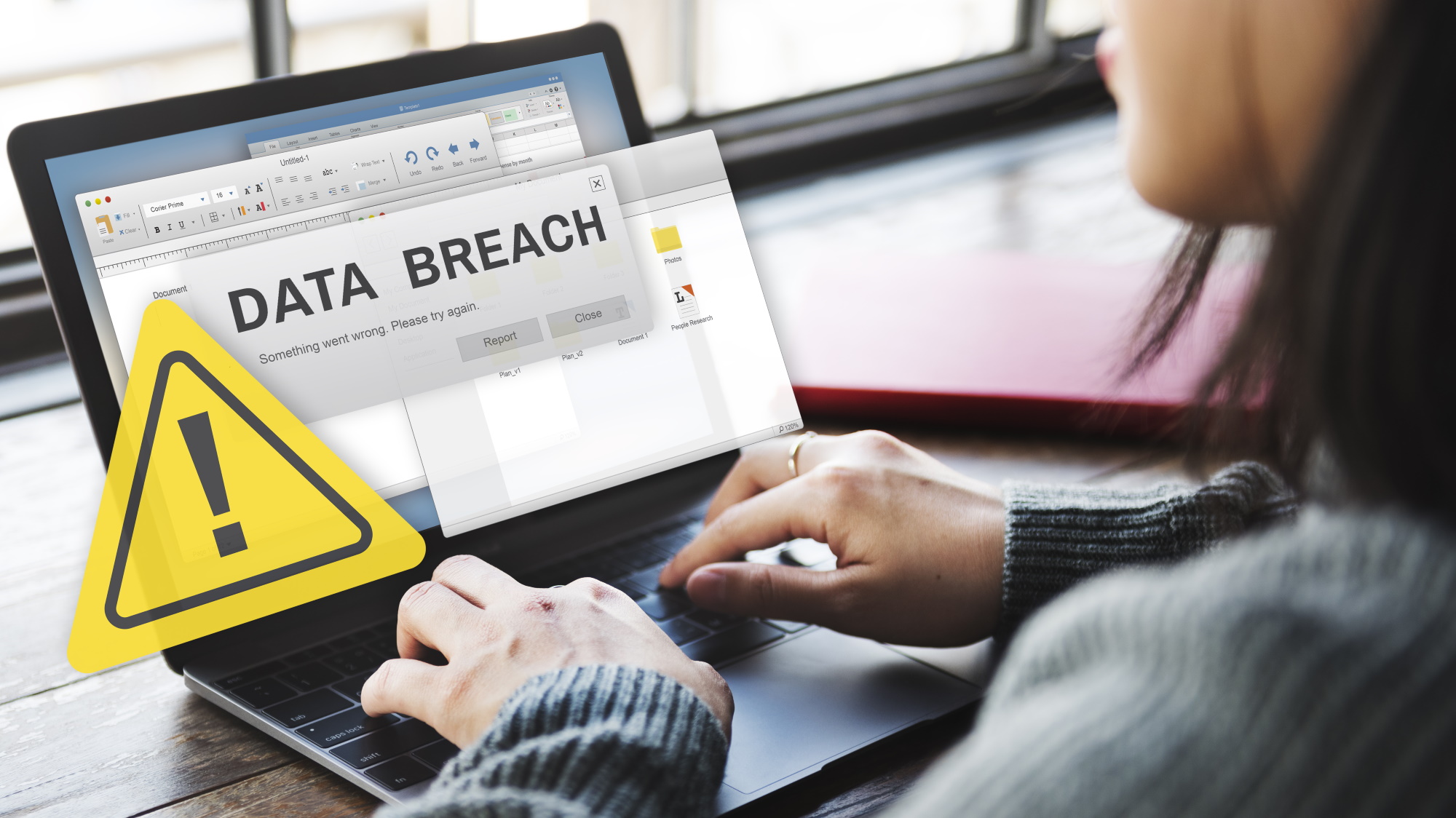How to sleep better than ever: 5 essential tips from an ex-insomniac
Author Kate Mikhail had chronic insomnia for years. Here she reveals her tips for how to deal with it and sleep better
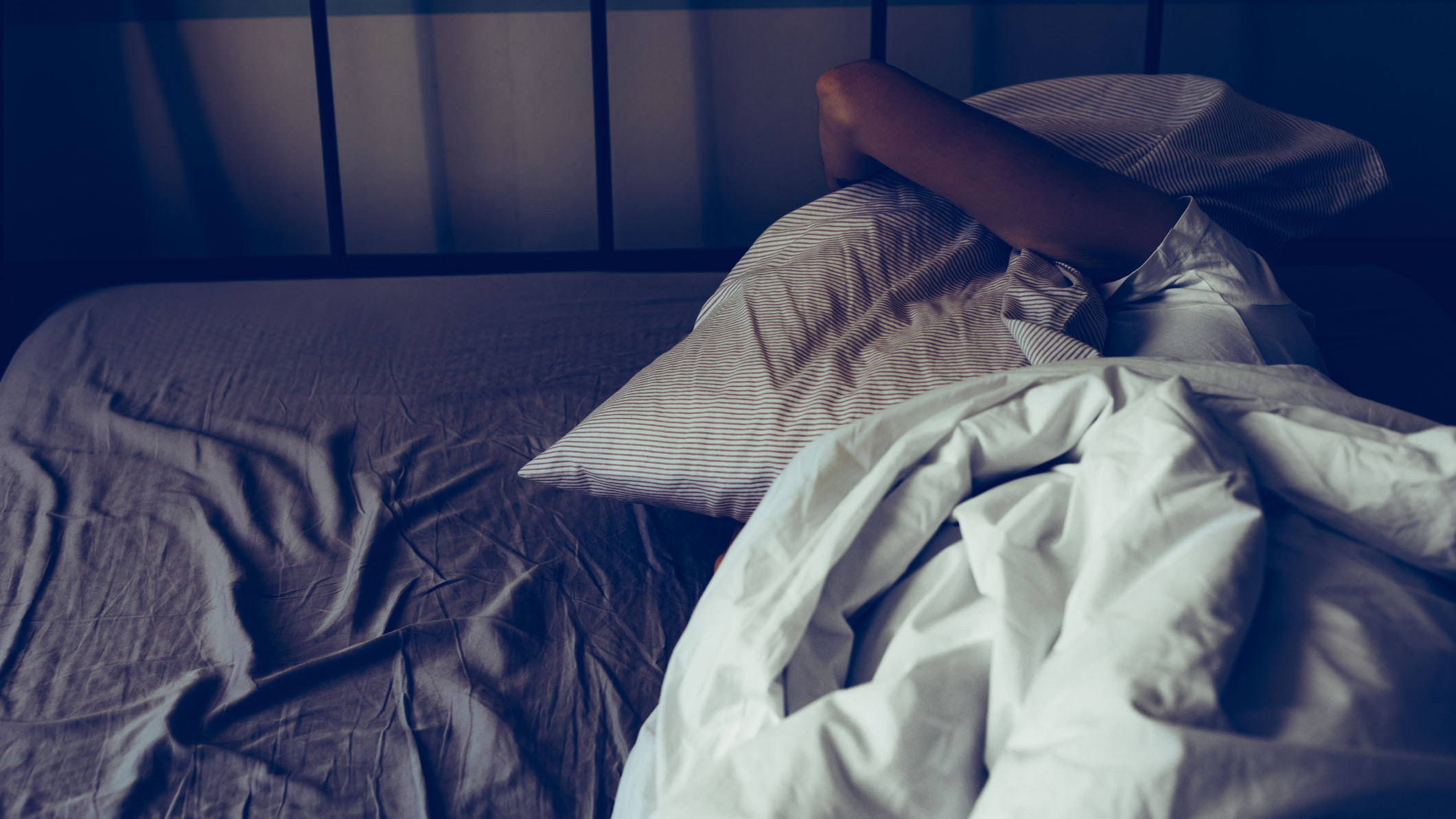
If you suffer from insomnia and are looking for ways to sleep better, then you could take a leaf out of journalist and author Kate Mikhail’s book – literally. Mikhail suffered from chronic insomnia for decades and her experience led her to not only seek a solution but also to explore the science of sleep, which she writes about in her new book Teach Yourself To Sleep: An Ex-Insomniac’s Guide.
“I used to wake up shattered every day, feeling like I needed to go straight back to bed,” Mikhail tells us. “But by learning new sleep habits I did manage to beat it – and you can too.”
This is important because insomnia is on the rise. A recent study revealed that during the peak of the pandemic, the number of people suffering from clinical insomnia (where sleeplessness occurs for three nights a week for three months or more) had risen by 37%, with prescription for sleep medications also rising by 14%.
It’s now estimated that 30-35% of adults will suffer from insomnia at some stage of their lives. For some, this will be a passing phase, but for others it not only means daytime fatigue, but also depression, social isolation, high blood pressure and a lower quality of life.
If insomnia is something you're living with, then Kate’s essential tips on how to sleep better could just be the thing you need to finally enjoy some decent shut-eye. And be sure to check out our tips on how to sleep better in a heatwave when it feels too darn hot.
- The end of sleeping pills? Doctors to recommend sleep app for insomnia
- Learn how to use the military sleep method to fall asleep faster
How to sleep better: Kate Mikhail’s go-to tips
1. Tune into the ‘biology of sleep’
If you want to sleep better, having a basic understanding of what happens to your brain and body before, during, and after sleep is a starting point. “If you understand the biology of sleep, then you can begin to work with it, not against it,” says Kate. “We can sabotage the possibility of getting a good night’s sleep without even realising it, because we don’t know what we need to do and when we need to do it.”
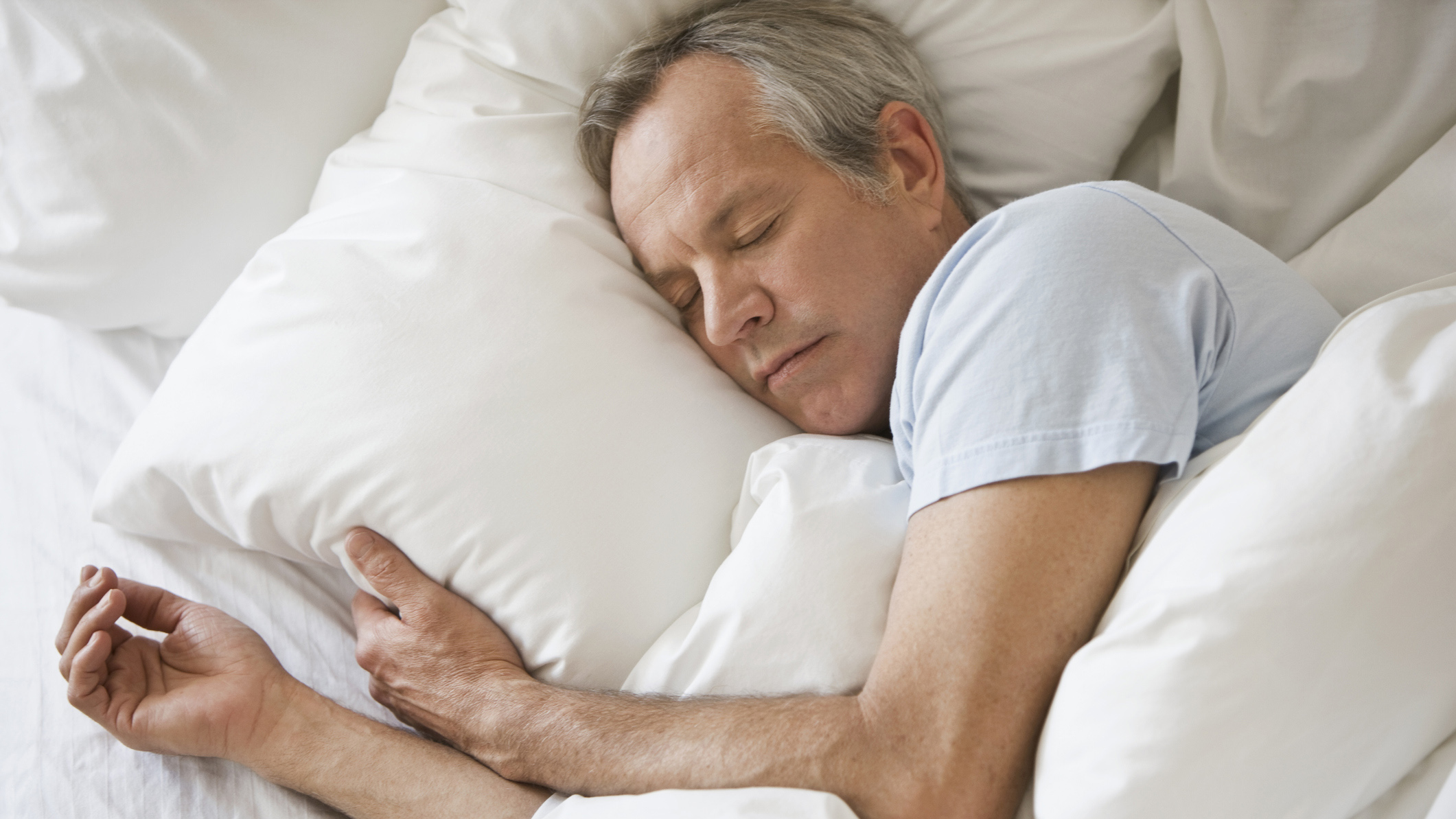
Sleep is regulated by the hypothalamus – a tiny part of the brain that is controlled by light. The hypothalamus is responsible for setting your body clock and, as such, requires the right messaging to be sent at the right times of the day. “If you’re sending the brain mixed messages, such as when working late at night on screens, then it will leave your body clock in chaos and that will, inevitably, affect your sleep patterns,” says Kate.
Get instant access to breaking news, the hottest reviews, great deals and helpful tips.
2. Get outside as much as you can during the day
If your days are spent working indoors make sure you take time out to boost your endorphins – the happy hormones – by taking a stroll, walking the dog or going for a run, as these will all work wonders for better sleep. Humans are hard-wired to sync with sunrise and sunset, and if we’re starved of natural daylight then the brain won’t recognise when it’s the right time to sleep.
“There’s zero competition between the light indoors compared to the light outdoors,” says Kate. “To give you some idea, I have a light meter that measures light in what’s called ‘lux’. Inside my house the reading is around 200 lux but, if I go outside when it’s sunny, it’s over 80,000. It just shows how our indoor life cannot compete with that natural light. We need to get outside.”
3. Be proactive about managing stress
Stress and anxiety are big triggers for insomnia and contribute to almost half of all sleep issues. “I would lie there for hours getting more anxious about not being able to sleep. In the end, you worry so much about whether you’ll be able to sleep that you end up never sleeping.”
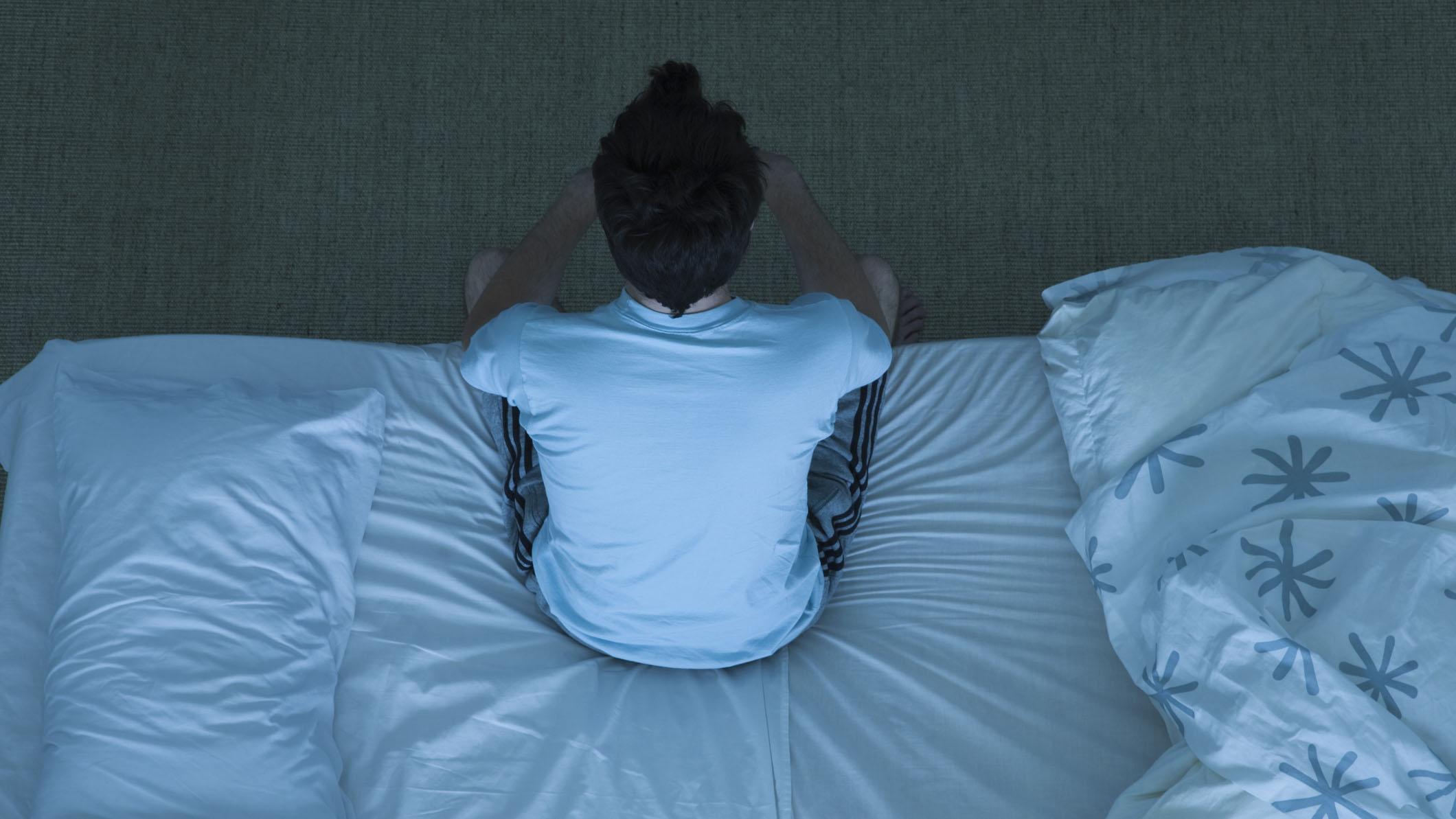
While stress cannot be avoided, when it builds up, the body is more likely to retain the stress hormone cortisol, which can wreak havoc with sleep and either delay the onset of it or fragment it throughout the night. Try to address stress during the day and not leave it until you go to bed to dwell on it. Journaling or speaking with somebody about what’s on your mind is beneficial, and can lessen the thoughts swirling around in the small hours…
You could try to change your perception of stress too. “It sounds strange but look at the benefits of stress,” advises Kate. “For instance, if you’re stressed at work tell yourself you’re stressed because you want to achieve your best or meet a deadline or get a promotion. Once you recognise that stress often arises because you care so much, it will help you to get some control over it and help to improve sleep.”
- Learn how to sleep with a cold - a sleep doctor advises
4. Relax with a sleep script
If you’re caught up in negative sleep habits, try recording a sleep script to play back in the evening. It certainly worked for Kate, who says, “I recorded myself with calming, positive messages that focused on relaxation and reducing stress and tension. It doesn’t need to be long – a minute will do.
"You should listen to it in the early evening, not just before bed, so that your mind is already thinking about sleep and what you need to do to prepare for it. It’s a really effective tool to harness suggestion and habit science, which will successfully change the way that you prepare for sleep.”
5. Boost your natural melatonin levels
Melatonin is the hormone that regulates our sleep and tells our brain when it’s time to shut down. But, all too often, the light inside (and outside) our homes will prevent melatonin levels from rising naturally, leading to disrupted sleep patterns. By making some easy adjustments, you can boost your melatonin levels and increase your chances of a sound night’s sleep.
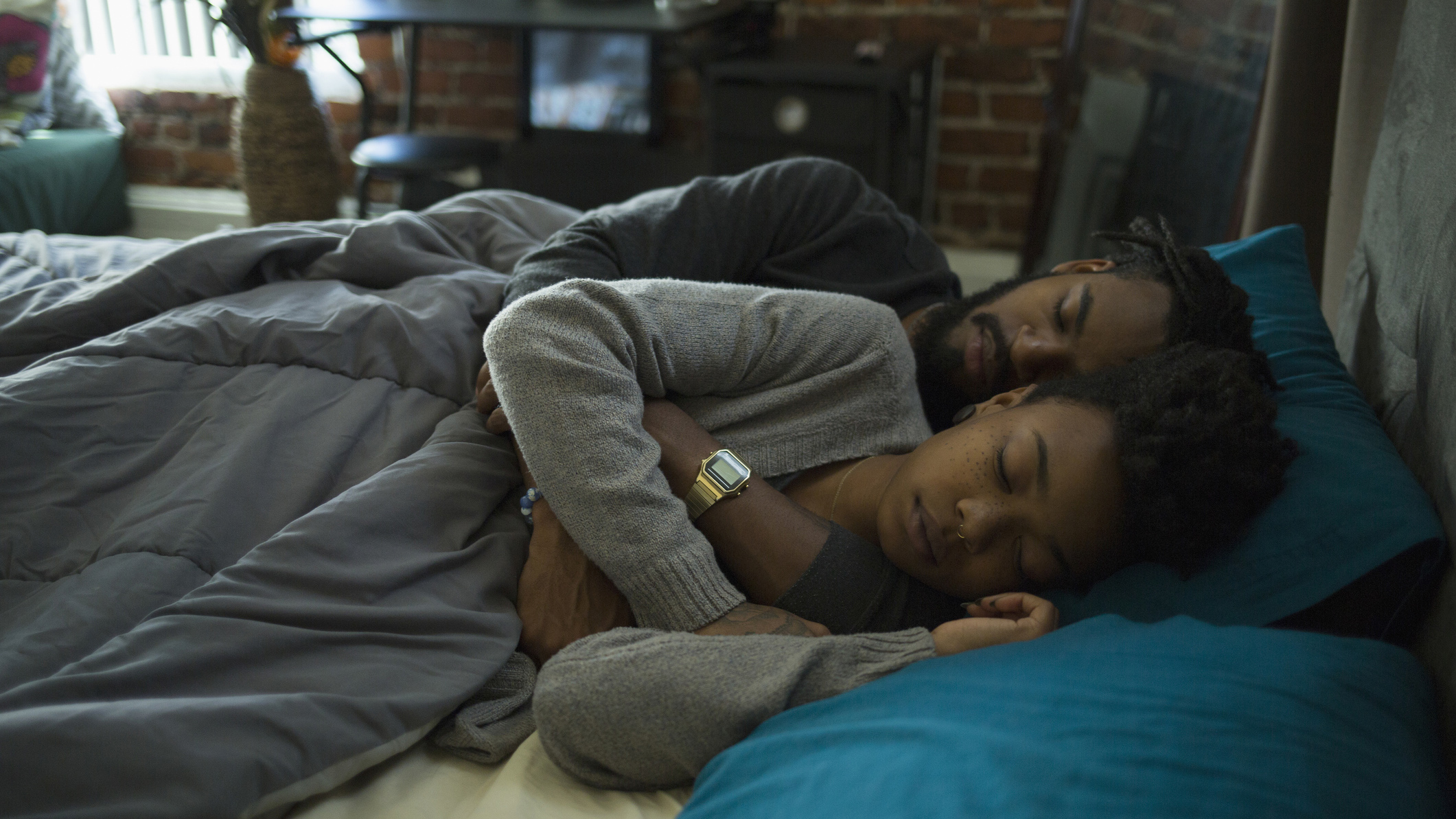
For those of you who suffer from insomnia frequently, try to ditch the tech before bedtime. The blue light given off by phones, tablets and computers is said to suppress melatonin, which you need to help you sleep. If you need to work late into the evening on screens, then Kate’s advice is to “try wearing orange-tinted glasses to block the blue light.”
When you eventually head to bed, make sure your bedroom is cool. In order for us to fall asleep – and stay asleep – our body temperature needs to drop. So use breathable bedding and a bed pillow that offers good airflow and enough support for your head.
We'd also recommend ensuring you're sleeping on the best mattress for your body, and that you are wearing nightclothes made from breathable fabrics. Feeling stressed or restless? Consider using a weighted blanket to help you feel calmer at night.
Kate Mikhail’s book Teach Yourself To Sleep: An Ex-insomniac’s Guide, published by Piaktus, is out now.
Read more:
- The best mattress in a box for all budgets
- How to choose a great memory foam mattress
- Boost your in-bed comfort with the best mattress topper
- Freshen up your bed with a mattress protector
- The latest Saatva mattress sales for hotel luxury for less
- Our guide to the best Tempur-Pedic mattress deals and sales
Gavin is an experienced journalist and editor who has written for a range of leading publications including The Telegraph, The Guardian and The Observer.
